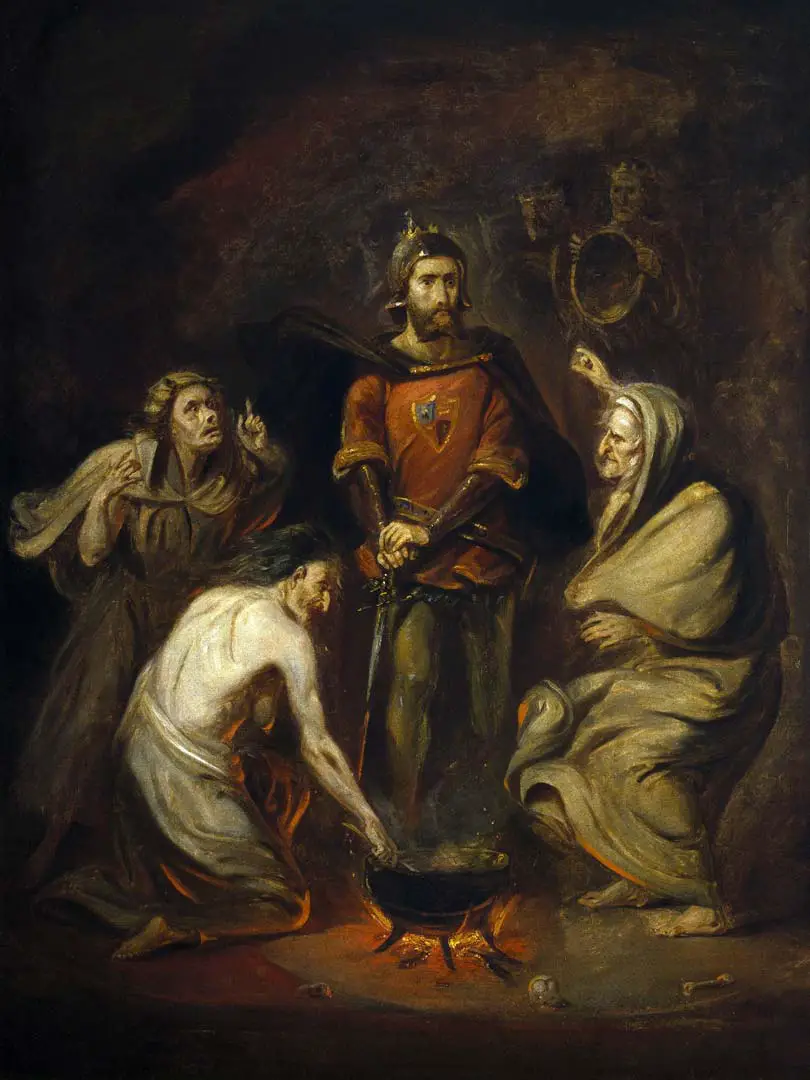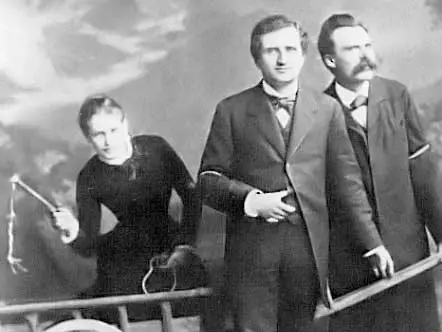What is Logicism (Brief)?
Logicism was a movement dominant in the early 20th Century. It was advanced by the German mathematician / philosopher Gottlob Frege with a premise that mathematics (and mathematical truths) is but an extension of Logic (and thus logical truths). In other words, Frege thought that mathematics (at least large sections of it) is reducible to logic. That is to say, Frege held that axioms and theorems in mathematics were dependent on Logic and thus logically necessary. For further explanation see Logicism (Extended).
Logicism did no last for a very a long time, mainly due to a critique forwarded by Bertrand Russell, who in his affinity to paradoxes pointed out that Frege’s views held a naive set theory that was internally inconsistent. It now widely accepted that Kurt Gödel’s Incompleteness Theorems – which points towards the limitations that all mathematical systems containing basic arithmetic hold – also contributed to Logicism falling out of favour. Despite Russell’s critique, he, together with Alfred North Whitehead, held to a kind of Logicism in Principia Mathematica.
It should be noted that the early proponent of Logicisms did not use this term, which is only used retrospectively in a somewhat derogatory sense. Some subsequent attempts to resurrect Logicism have appeared in the second half of the of the 20th century, known as Neo-Logicism, without gaining too much traction. A notable exception is the work of the British philosopher Crispin Wright.
Along with Logical Positivism, Logicism played a key role in the development of Analytic Philosophy and distanciation from the Continental tradition.
Further Reading
Goldstein, R. (2006). Incompleteness: The Proof and Paradox of Kurt Gödel, New York, W. W. Norton & Company.
Wright, C. (1994). Truth and Objectivity, Cambridge: Harvard University Press.
Wright, C. (1980). Wittgenstein on the Foundations of Mathematics, Cambridge: Harvard University Press.







